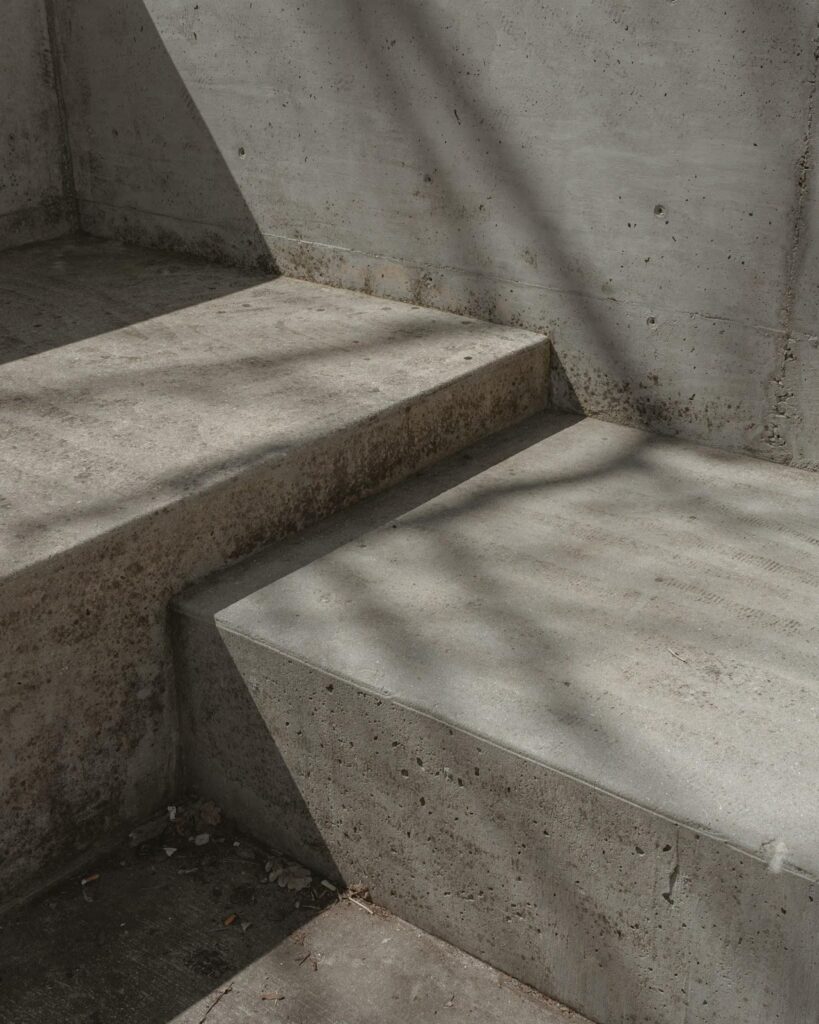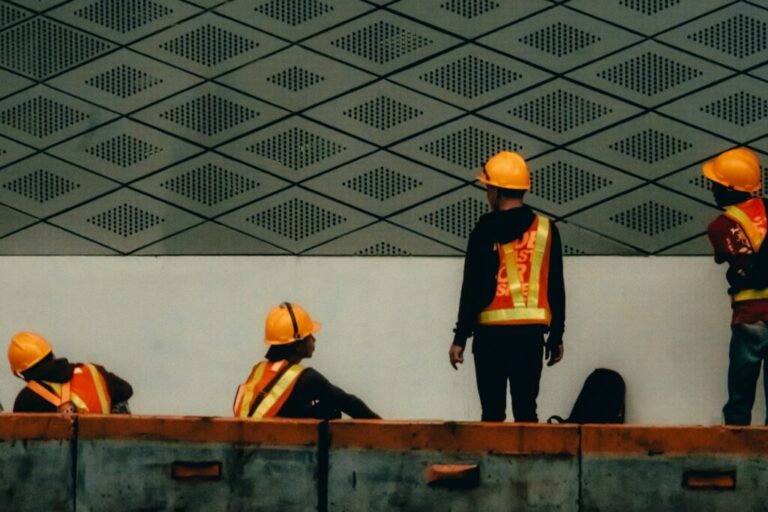
When constructing a strong and lasting foundation, accuracy in concrete testing is essential. Whether it’s for new construction or the restoration of an existing structure, getting precise results from accurate concrete testing is invaluable to ensure that your projects will last for generations. In this blog post, we’ll discuss the various benefits of conducting reliable and dependable concrete tests—from strengthening buildings and prolonging their life span to effectively controlling costs throughout a project’s lifespan. Keep reading to learn more about why accurate concrete testing matters!
The importance of concrete testing in construction projects
When it comes to building structures that will stand the test of time, the quality of the materials used is paramount. This is especially true for concrete, which forms the foundation of many construction projects. That’s why concrete testing is so important. By subjecting the concrete to a battery of tests, engineers and construction professionals can ensure that it meets the necessary strength and durability requirements. In fact, these tests are so important that they can often be the difference between a building that lasts for decades and one that crumbles after just a few years.
Whether you’re a construction manager, engineering student, or simply someone interested in how buildings are constructed, understanding the importance of concrete testing is critical. In order to test concrete accurately, a variety of methods and tools can be used, including compression tests, slump tests, and air content tests. These methods help to determine the strength, workability, and durability of the concrete in question. By conducting these concrete tests throughout every stage of a construction project, any potential issues or weaknesses can be identified and addressed before they become larger problems down the line.
The different types of concrete tests available
Concrete tests are a crucial aspect of any construction project. They are designed to ensure that the concrete being used meets the required specifications and standards. Understanding the different types of concrete tests available is therefore paramount for anyone involved in the construction industry. There are various types of tests available, ranging from compressive strength tests to workability tests. Compressive strength tests, for example, measure the concrete’s ability to resist compression and are used to determine the load-bearing capacity of a structure. On the other hand, workability tests determine the ease with which the concrete can be placed, compacted, and finished without any segregation or bleeding. By understanding these tests, builders can ensure they are using high-quality concrete, which in turn leads to robust and safe structures.
Identifying which tests should be used for specific projects
Concrete testing is not a one-size-fits-all approach. Each project has its own unique set of requirements, and that’s why it’s essential to understand which tests should be used for specific projects. For example, if you’re constructing a tall building in an earthquake-prone area, you may want to prioritize compression tests to ensure the concrete can withstand the potential seismic activity. On the other hand, if you’re building a bridge over water, air content tests may be more critical to ensure the concrete doesn’t deteriorate over time due to exposure to moisture. Being able to identify and prioritize which tests are necessary for a specific project is crucial in ensuring the long-term success and safety of any structure.
Why it is important to conduct regular maintenance checks
Concrete is an integral element in the construction of buildings, bridges, and other structures. It is strong, durable, and resistant to weathering. However, it is not invincible. Over time, concrete structures can weaken and deteriorate due to exposure to the elements, wear and tear, and other factors. Conducting regular maintenance checks is crucial in identifying potential issues and taking timely corrective action to avoid more significant problems down the line. Neglecting your concrete structures can result in costly repairs, and in the worst-case scenario, even endanger lives. So, for the safety and protection of your investment, it is necessary to prioritize regular maintenance checks to keep your concrete structures in tip-top shape.
To sum up, concrete testing is an essential part of any construction project. Accurate testing can save money and time in the long run as it prevents costly mistakes due to faulty materials or incorrect preparation techniques. There are various types of testing that can be used for a range of structural issues, depending on what needs to be assessed. Additionally, regular maintenance checks are important to ensure that the structure continues to stand strong for years to come. To make sure your next construction project is successful and safe, we highly recommend consulting experienced professionals who can provide accurate testing services and reliable advice on which tests should be used. Don’t take any chances with your projects– invest in accurate concrete testing today!












